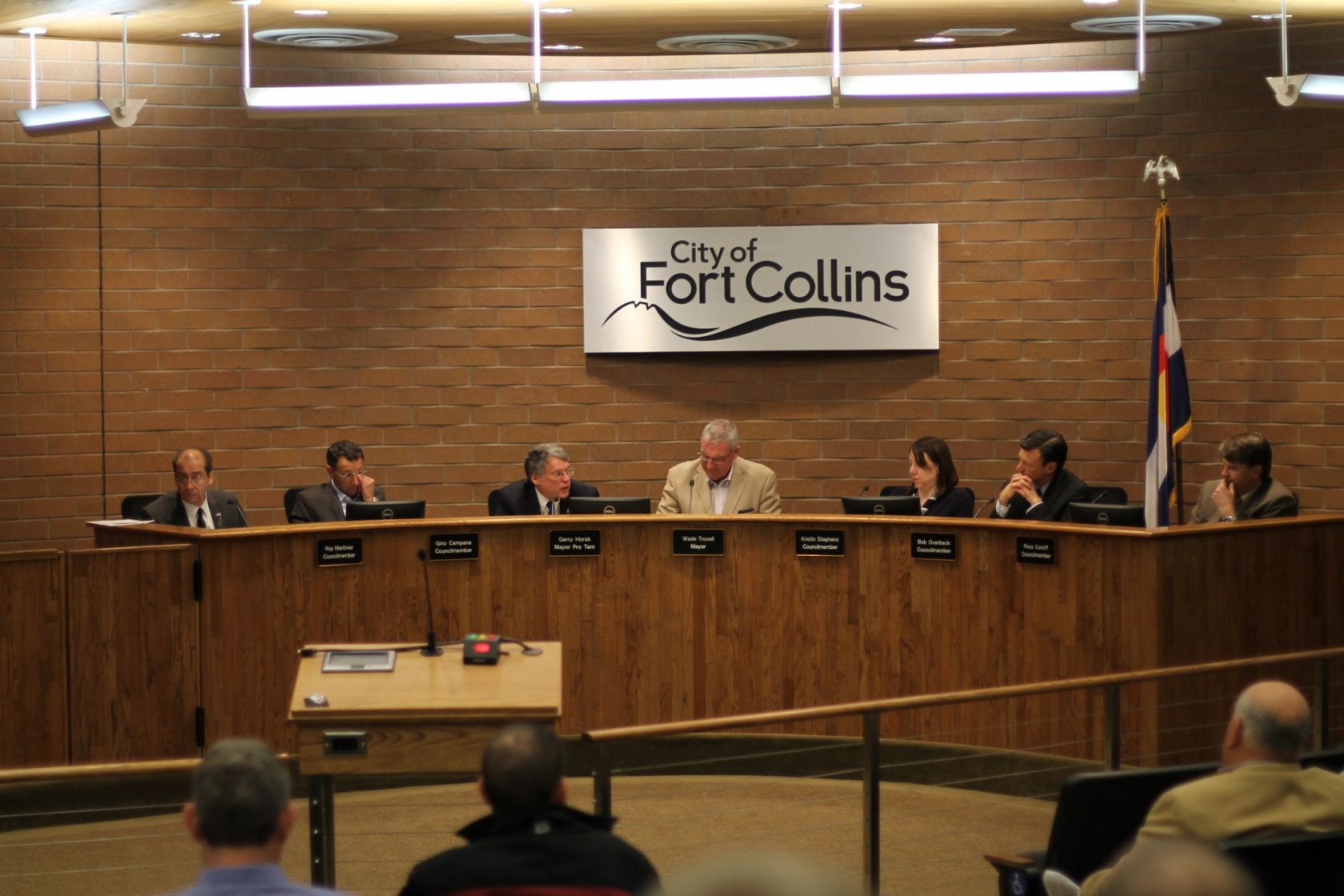
Tuesday’s polling was not just about politicians being voted in or out. There were also plenty of referenda on the ballots that voters got to pass or nix.
In Fort Collins, Colorado, citizens were asked to approve or decline a measure that would allow the city to create a city-run broadband utility to provide Internet services. The official results show Ballot Question 2B passing with over 57 percent of the vote.
The passage of the measure does not require that the city council create the utility but instead gives it the option to do so and authorizes it to enter into partnerships with private companies to get it done. The Coloradoan reports that the council is leaning toward building a fiber network and has already scheduled a work session for later in the month to discuss how to move forward with the plan.
The adoption of 2B was a huge slap in the face to Comcast and other big-telecom special interests that lobbied against the measure.
“I was very encouraged with the passage today, and particularly with the headwinds of incumbents trying to misinform the electorate,” said Mayor Wade Troxell. “And also, I was very disappointed in the (Fort Collins Area Chamber of Commerce) playing an active role in misinformation. I think there is some accountability that has to come out post-election.”
Telecoms campaigned against the proposal through the local political group Priorities First Fort Collins and the Chamber of Commerce. The group reportedly spent $451,564 opposing the measure. That total is 50 times what grassroots efforts spent supporting 2B.

The Fort Collins Citizens Broadband Committee only spent a little over $9,000 promoting the ballot question, mostly through social media.
“The city could do a better job of delivering fast and affordable Internet service than private service currently available in the city,” the group maintained.
Local business owner Bob Carnahan said, “This to me is the tip of the iceberg when we have such a population in this country that believes bigger government is better government.”
Bigger government is not always the best solution to a problem. However, there is a widespread issue of big telecoms coming into an area and buying up local providers, then providing sub-standard service to customers at premium prices only because they have no other competition in the area. In this particular instance, a governmental solution might be the best answer, especially considering that Fort Collins residents are not happy with the current service being provided.
Chattanooga, Tennessee, was in a similar situation last spring, only to have the state step in and forbid the will of the people. Fort Collins residents can only hope that special interests don't petition the state to subvert their wishes as well.
https://www.techspot.com/news/71818-voters-colorado-give-finger-bigtel-voting-city-run.html